SUMMARY
This is AI generated summarization, which may have errors. For context, always refer to the full article.
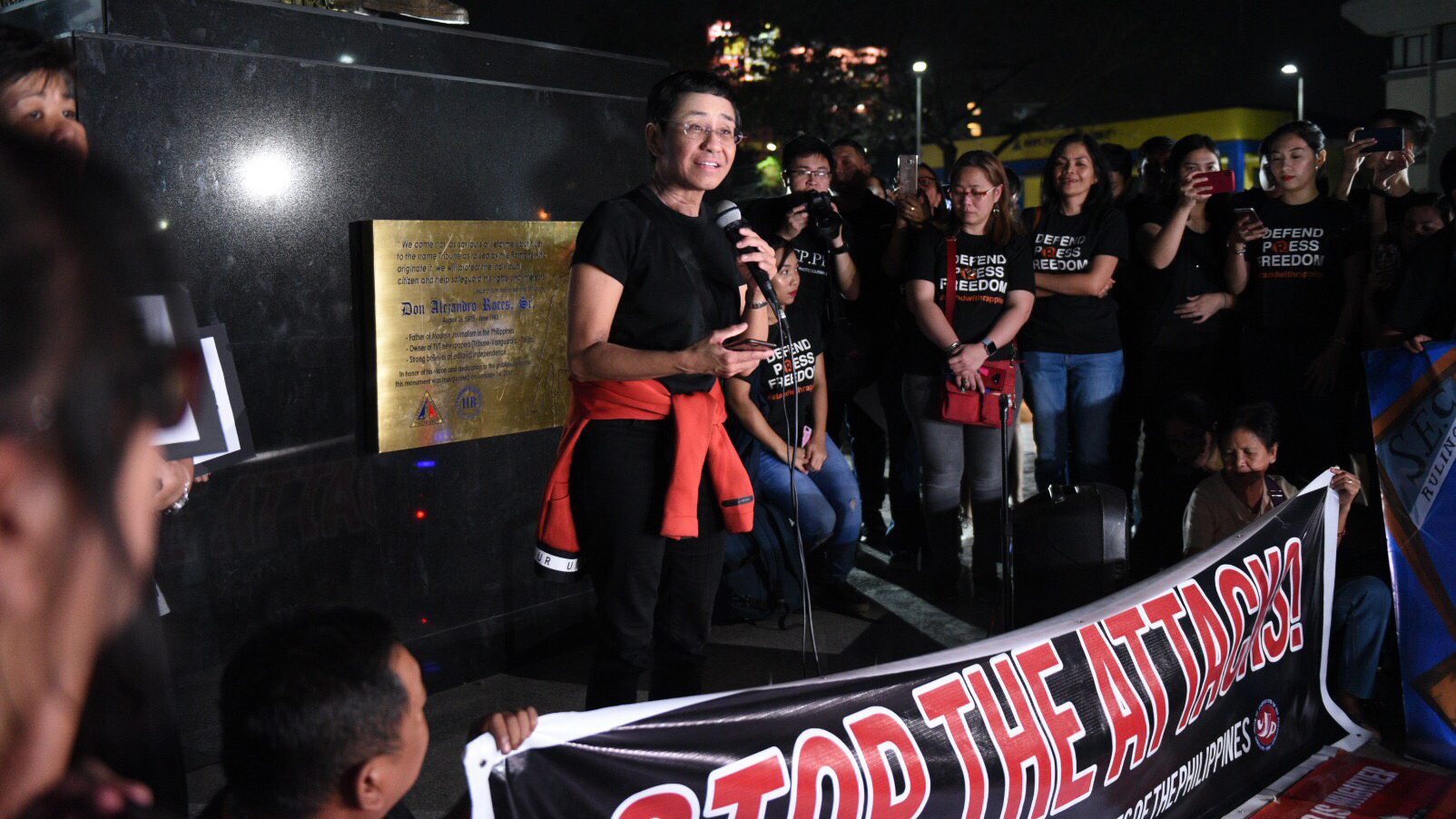
2019, a year that began with the arrest – twice – of CEO and executive editor Maria Ressa, ended with a bang for Rappler through a spike in online traffic, revenue, and global reach.
While Rappler battled 8 court cases last year, it was able to experiment with business models to tap new sources of revenue, open new channels of distribution, and bring in new readers inspired by stories of courage and in search of cutting-edge journalism.
“It’s our comeback year, the year we proved to ourselves that, with the support of community, you can turn crisis into opportunity,” Ressa said. “Rather than be derailed and discouraged by the threats and problems we faced, the Rappler team focused on our goals and worked every day to achieve them.”
Based on its audited financial statement, Rappler ended 2019 with income and positive EBITDA (earnings before interest, tax, depreciation, and amortization), which is the measure of a company’s operating performance.
Because of this, and with the support of our community, Rappler is able to extend assistance and benefits to its employees to help them cope with the coronavirus pandemic.
Crisis years
The last time Rappler reached positive EBITDA was in 2016, hitting the break-even target its founders set. But the systematic online attacks against the organization that began after Rodrigo Duterte became president in June that year, followed by government investigations and court cases against it, turned 2017 and 2018 into crisis years.
On January 15, 2018, in fact, the Securities and Exchange Commission announced its order revoking Rappler’s license on the basis of its findings – first put forth by the President – that alleged Rappler is not 100% Filipino-owned.
Rappler questioned the order before the Court of Appeals, which threw the case back to the SEC for reinvestigation based on evidence it is completely Filipino-owned.
The two crisis years of 2017 and 2018, marked by a climate of fear and massive online disinformation, caused Rappler’s online traffic and revenue to drop in April 2018, while advertising dropped nearly 50%.
2019 turned things around for the organization through 7 key initiatives:
- #HoldTheLine global campaign. Rappler told its story to the world – an independent, female-led company that is pushing back against attacks emboldened by the state and encouraged by no less than the President and his acolytes. The global support for press freedom helped Rappler’s crowdfunding program for its legal defense fund and put its cause on the agenda of the international community. A team of lawyers from the US and the UK, led by Amal Clooney, is assisting Rappler in the cases filed against it by government prosecutors.
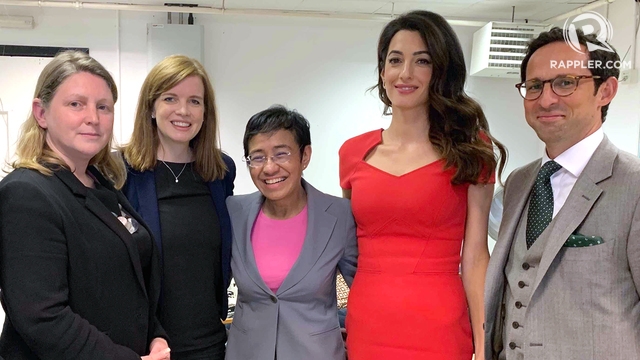
- Organic growth outside social media. In the face of a polluted online environment and an unrepentant Facebook, Rappler optimized its content and built authority over key issues. This resulted in organic search being the biggest traffic driver for Rappler in 2019 at around 54%, dislodging social. For an 8-year-old journalism brand, this is most welcome news, given that other more established news sites in the Philippines get only an average of 30% traffic via search.
- New distribution channels. Rappler introduced new content channels in 2019 and grew existing ones: podcasts (which are on Spotify and Soundcloud), newsletters, YouTube, and Dailymotion. These channels cater to very specific audiences, with podcasts and newsletters developing a healthy following among Rappler’s most loyal communities.
- Membership program. Rappler ended 2019 with nearly a thousand members of PLUS, its annual membership program – the first of its kind in the Philippines. PLUS provides members with first dibs at Rappler’s experiments, chats with the CEO, Rappler editors, and reporters, a deep dive into current affairs issues such as China and elections, as well as front-row seats to Rappler events.
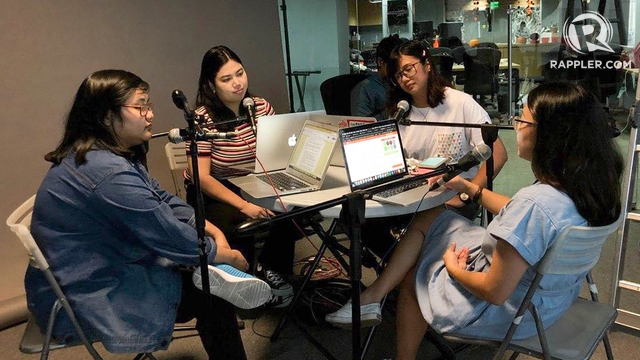
- Diversified revenue stream. Rappler added more buckets in its revenue stream to include data forensics, e-commerce, membership, grants, video, and special projects. Data-driven processes in key decisions led to a better understanding of audience behavior, allowing Rappler to optimize programmatic ads on the site and increase total ad revenues by 45%.
- Cutting-edge journalism and credibility. In 2019, Rappler’s current affairs reportage, investigative stories, and research remained the top traffic drawers for the site. Ressa and the organization also gained global recognition from prestigious bodies. These included the Sergei Magnitsky Award for Investigative Journalists, Stanford’s Shorenstein Award for Journalism, Columbia Journalism Awards, and the Tully Award for Free Speech. Rappler’s 7-part investigative series on the drug war, Murder in Manila, won the Global Shining Light Award from the Global Investigative Journalism Network, as well as the top awards from the Hong Kong-based Society of Publishers in Asia. Ramona Diaz’s film on Rappler’s fight for press freedom, A Thousand Cuts, premiered at the Sundance Festival in January 2020 and won best international feature at the New Zealand Film Festival. German director Marc Wiese’s documentary on Rappler, We Hold the Line, also won an award at the Copenhagen International Film Festival.
- Collective and collaborative action. In April 2019, more than 40 journalists, media advocates, and professors joined Rappler’s petition before the Supreme Court that asked for the lifting of a ban on Rappler in its coverage of President Rodrigo Duterte wherever he goes. In the same year, Rappler journalists worked collaboratively with colleagues in the Philippines and abroad on press freedom and democracy issues. They are also active members of the Consortium on Democracy and Disinformation, which held a series of public forums in 2019. Madonna’s music video in June, “I Rise,” highlighted Ressa and the Filipino journalists’ fight for freedom. At U2’s first concert in Manila in December, Bono praised Filipino journalists like Ressa for holding the line. “We salute you, truth-tellers,” he said as U2 played “Heroes.”
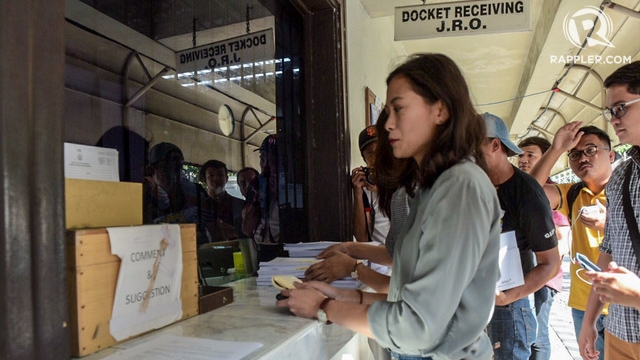
A pandemic world
Rappler has been pushing these initiatives to the next level in 2020, as the company hit the halfway mark of its 8th year.
For Rappler, 2020 is a year of reinvention and re-creation, as it takes stock of the hard lessons it learned from its start-up years and harnesses the core values and practices that made it survive 4 years of state-sponsored attacks.
“These lessons and best practices put Rappler in a healthy position to navigate a pandemic world,” Ressa said.
As of June 2020, Rappler has already exceeded its midyear revenue targets.
In the coming weeks, Rappler will tell you about a new platform: a tech solution to the question we’ve been trying to answer: what does civic engagement look like in the age of social media?
This becomes a more critical challenge as the Philippines and the world battle the pandemic.
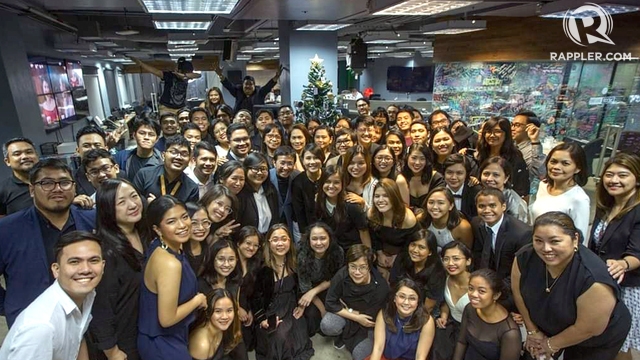
– Rappler.com
Add a comment
How does this make you feel?
There are no comments yet. Add your comment to start the conversation.